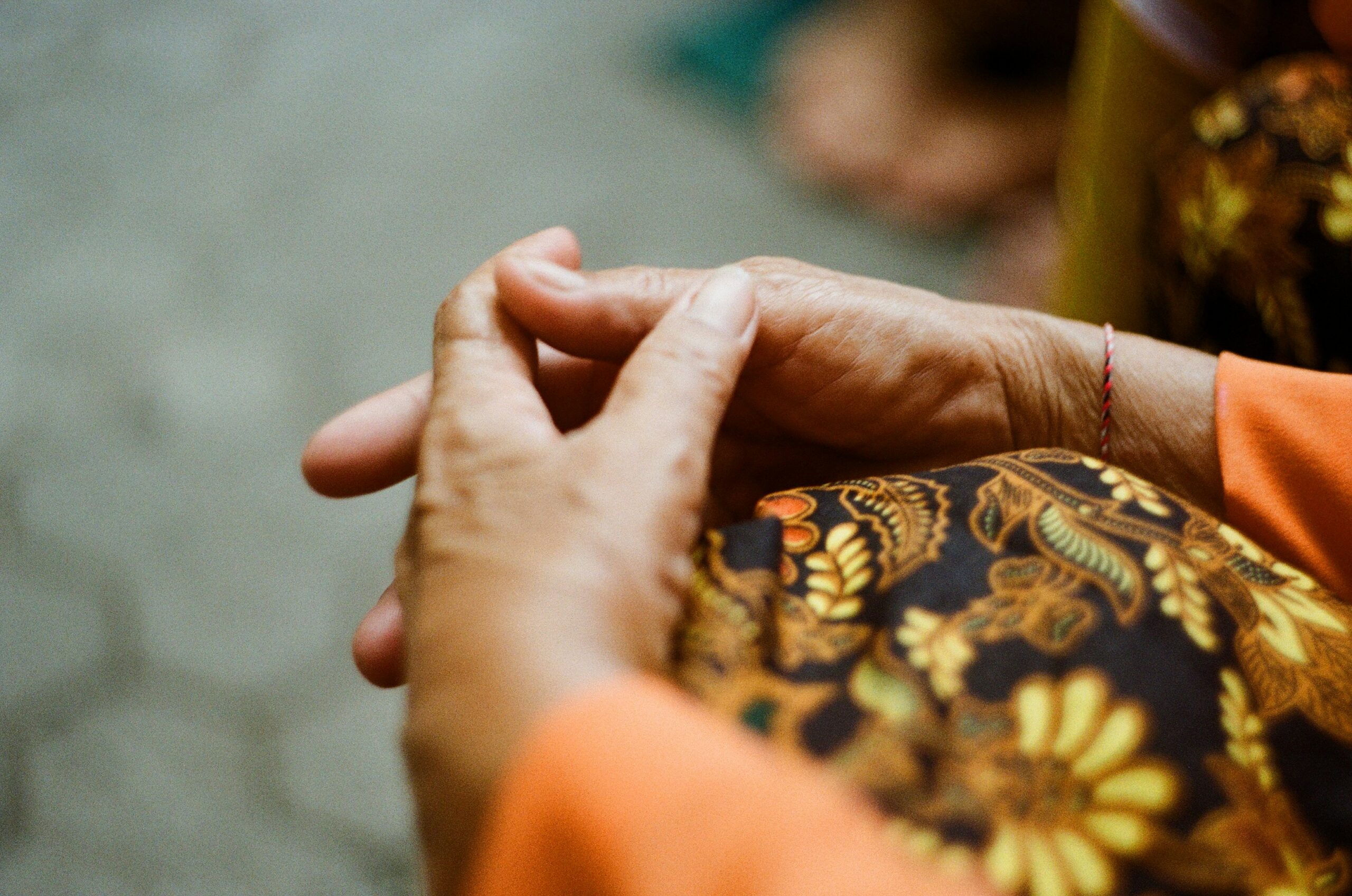Poetry
The Forest Song

By Lesya Ukrainka
The Forest Song(Ukrainian: Лісова пісня, romanized: Lisova pisnya) is a poetic play in three acts by Lesya Ukrainka. The play was written in 1911 in the city of Kutaisi, and was first staged on 22 November 1918 at the Kyiv Drama Theater. The work is one of the first prototypes of fantasy in Ukrainian literature.
| Лісова пісня Леся Українка О, не можу я взнать, що то за сила, що мене до тебе тягне, мов самотню пташку з вирію на рідне гніздо… Не розумію, як би не хотіла, я спокою в собі не знайду, поки не прилечу до тебе, поки не почую твого голосу, поки не доторкнуся до твоєї руки… І, може, вже не піду звідси більше, тільки слухатиму, як вітер віє у твоєму голосі, і листя шелестить, і я не тямлю, як це сталося, що ти мені став милим, як свій вітрець, як своя лісова пісня… | The Forest Song Lesya Ukrainka Oh, I cannot understand what this force is that draws me to you, like a lonely bird returning from afar to its native nest. I do not understand, no matter how much I wish to, I will not find peace within myself until I fly to you, until I hear your voice, until I touch your hand. And perhaps I will never leave this place, I will simply listen to how the wind blows in your voice, how the leaves rustle, And I do not understand how it happened that you have become dear to me, like my own little breeze, like my own Forest Song… |

Lesya Ukrainka was a prominent Ukrainian poet, writer, and cultural figure whose work has had a lasting impact on Ukrainian literature and national identity. Born Larysa Petrivna Kosach-Kvitka on February 25, 1871, in Novohrad-Volynskyi, then part of the Russian Empire (now Ukraine), she is considered one of Ukraine’s greatest literary voices.
Lesya Ukrainka came from a highly educated and culturally active family, which greatly influenced her intellectual and creative development. Her mother, Olena Pchilka, was a writer and folklorist, while her father was a public figure and advocate for Ukrainian culture. Her father, Petryk Kosach-Kvitka was a notable Ukrainian public figure and a strong advocate for Ukrainian culture. Lesya showed an early talent for languages and literature, beginning to write poetry as a child.
She is known as a brilliant writer who mastered eight languages and created over 270 poems, as well as numerous plays and prose works. Despite being unable to receive formal education due to illness, she was able to receive high-level private instruction from her mother, a writer, and from Mykhailo Drahomanov(Lesya’s maternal uncle), a prominent philosopher and historian. Her travels for tuberculosis treatment across Germany, Austria, Bulgaria, Italy, Egypt, and Crimea exposed her to various experiences that greatly influenced and expanded the horizons of her literary work.
Despite suffering from tuberculosis, which affected her health throughout her life, she remained a prolific writer and activist. Her works often addressed themes of freedom, social justice, and the struggles of the Ukrainian people. She was deeply influenced by European Romanticism and Symbolism and drew inspiration from Ukrainian folklore and history.

People honor and remember her by naming universities, squares, streets, theaters, and even the asteroid (2616 Leysa) after her.

Some of her most famous works include the poetic drama The Forest Song (Лісова пісня), which celebrates nature and the human spirit, and the drama The Stone Host (Камінний господар), which reflects on issues of power and morality. She also wrote essays, translations, and literary criticism, significantly contributing to the development of Ukrainian intellectual life.
Lesya Ukrainka’s work is characterized by its deep emotional intensity, lyrical beauty, and strong national consciousness. She is celebrated not only for her literary achievements but also for her role in promoting Ukrainian culture and language during a period of significant political repression.
She passed away on August 1, 1913, in Georgia, but her legacy continues to be honored in Ukraine and beyond. Lesya Ukrainka remains a symbol of resilience and the enduring power of the human spirit in the face of adversity.
“I will smile even as I shed tears.
I will sing in pain and hope
even when there is no hope,
and I will live on.”
Lesya Ukrainka, an icon of Ukrainian literature and freedom, whose spirit never wavered even in times of adversity, continues to inspire us profoundly today.

The image of Lukash and Mavka on the reverse of
the silver jubilee coin of the NBU(The National Bank of Ukraine).

2020 stamp featuring Lesya Ukrainka, and the Forest Song
character Lukash playing a flute for Mavka


Photos credit: Embassy of Ukraine in the Republic of Korea
“Fate and will are not mine to have. The only thing I have left is hope—the hope of returning to Ukraine, to gaze upon my homeland and the blue Dnipro River. There, it wouldn’t matter whether I live or meet my death. Once more, I would behold the vast steppes and silent graves, recalling the fervent beliefs that once burned bright within me… Destiny and determination are beyond my reach. Hope is all that remains.”
Lesya Ukrainka, “Hope”
written by HeeSun
HeeSun is a poet and storybook writer who belongs to the UitC at the University of Toronto. She brings hope to people and brightens the world with beautiful poems, songs, and stories. She is a valued member of the Arts and Letters Club of Toronto and Pen International




